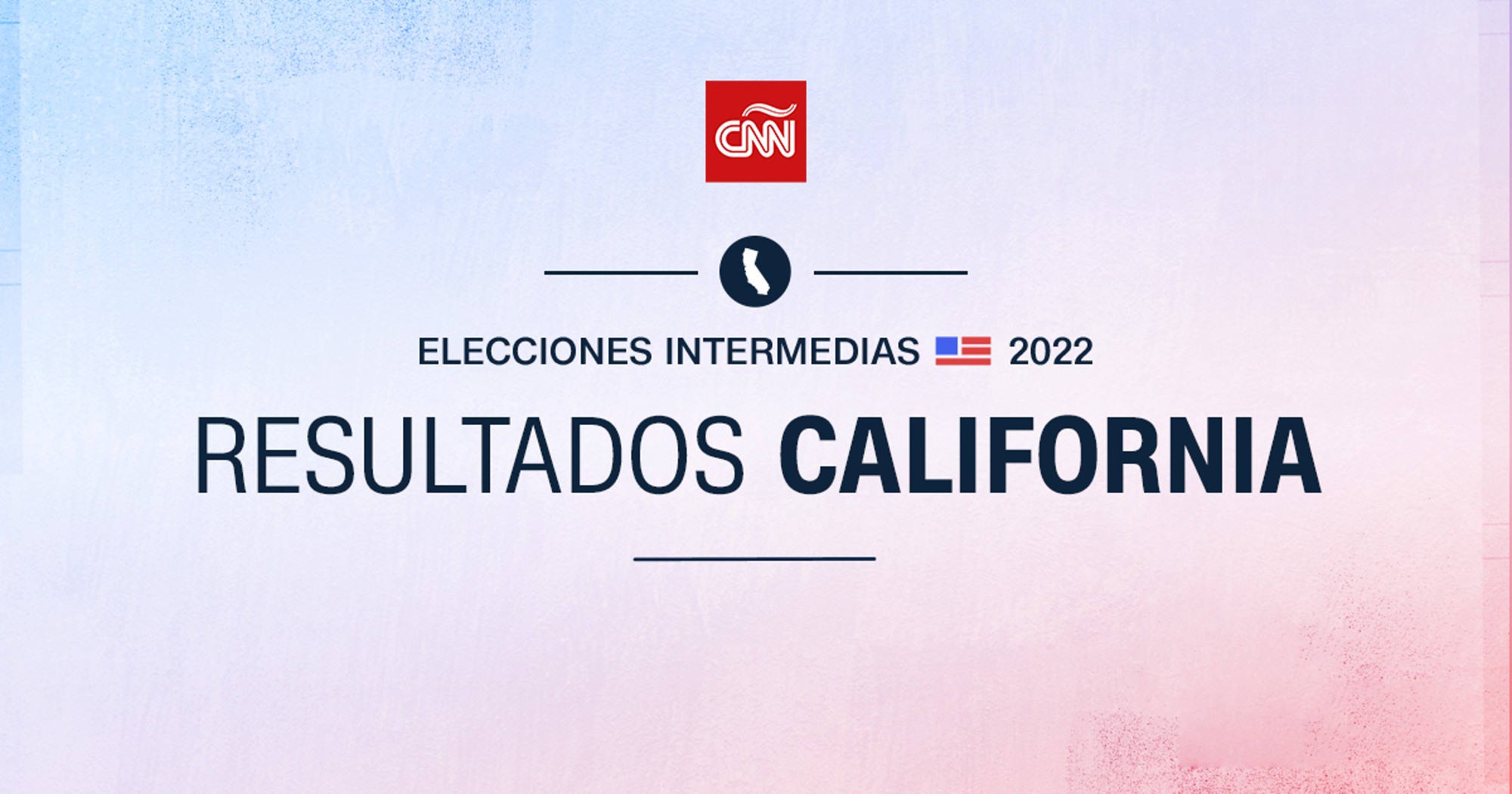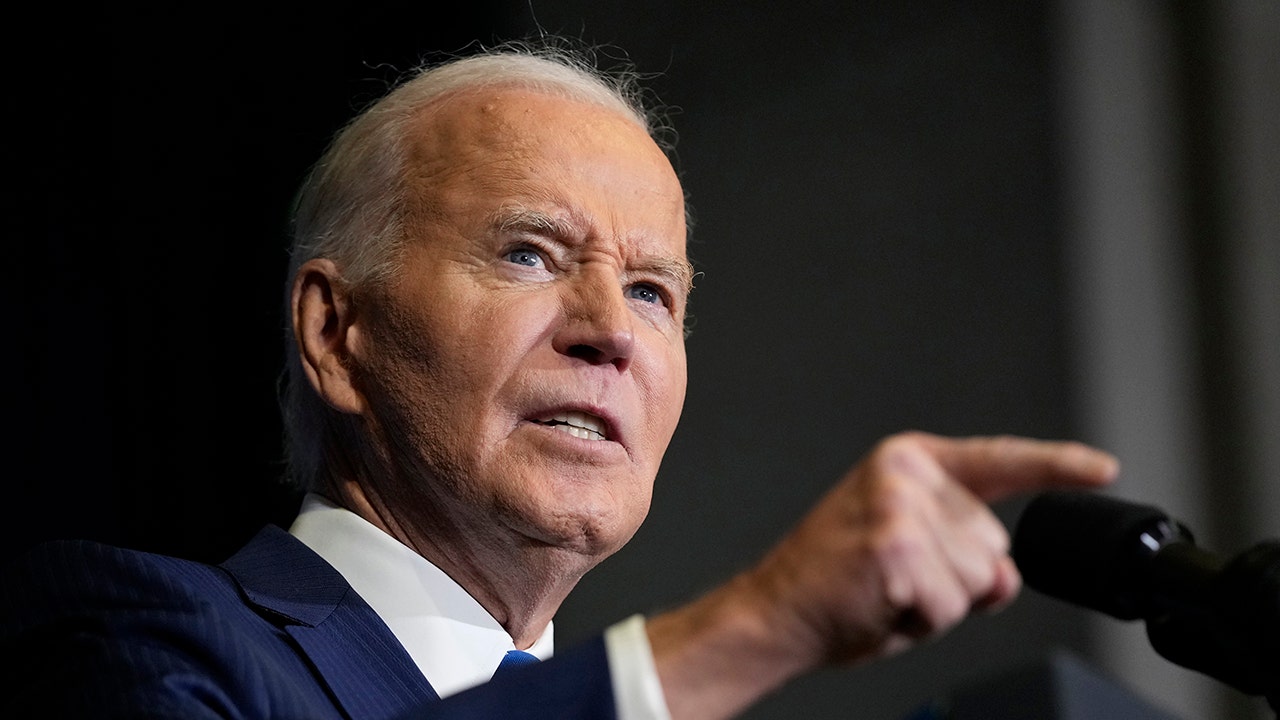The burning of fossil fuels caused 86% of all CO₂ emissions over the last ten years. Despite being the main responsible for global warming, coal, oil and gas were hardly mentioned in the official texts of the previous UN summits on climate change.
All this changed at COP26 in November 2021, where the Glasgow climate pact was signed. The agreement contained the first recognition of the role of fossil fuels in climate change. It also called on countries to phase out measures that subsidize the extraction or consumption of fossil fuels and to “scale down” energy from coal.
With COP27 in Sharm El Sheikh (Egypt), the time has come to update progress. Unfortunately, the news is not good. The current energy crisis – and the short-term responses of governments around the world – have made it difficult to meet the pact’s goals of ending the dominance of fossil fuels.
The global energy crisis
The current situation is probably the first of its kind in which the prices of all fossil fuels have skyrocketed simultaneously. This in turn has pushed up electricity prices.
Europe has had to quickly adapt to Russia, since its invasion of Ukraine, using its gas exports as a weapon. When the Kremlin cut off pipeline gas supplies, European countries jumped into the global market for liquefied natural gas (LNG) and increased imports from traditional partners like Norway and Algeria.
This has pushed natural gas prices to stratospheric levels and fueled a global gas race in which Europe outbids developing economies for essential LNG shipments, plunging countries like Pakistan and Bangladesh into further crisis. deep.
To keep the lights on, some of these developing economies are turning to the most polluting of fossil fuels: coal. The International Energy Agency (IEA) forecasts that by 2022 global coal consumption will equal its all-time high of 2013.
In the EU, the demand for coal (mainly for the electricity sector) is expected to increase by 6.5%. If current demand trends continue, global coal consumption will only be 8.7% lower in 2030 than in 2021. To reach net-zero emissions by 2050, coal consumption would need to be 32% lower.
The Organization of the Petroleum Exporting Countries and its allies (OPEC+), most notably Russia, recently decided to cut oil production by 2 million barrels a day in an attempt to boost oil prices. Although OPEC+ justifies its decision by stating that it anticipates a world recession that could result in a repetition of the oil price crashes of 2008, 2014 and 2020, the EU and the US consider that the measure is not financial but politics.
To reduce high fossil fuel prices, governments around the world are turning to the very subsidies they have agreed to eliminate. These subsidies reduce the cost of fuel for consumers by fixing the price at the petrol pump, for example.
After a notable decline in 2020, fossil fuel subsidies increased in 2021. And the current energy crisis has caused another sharp increase according to the IEA estimate for 2022. In the past, developing economies have been criticized for using these tools taxes, especially for subsidizing the consumption of fossil fuels. These criticisms ring especially hollow now that rich countries are rushing to do the same.
Fossil fuels at COP27
US and European allies pressed developing countries at COP26 to commit to bolder steps to phase out coal, promoting natural gas as a useful fuel for the transition. Now, Europe is limiting access to alternative sources by outsourcing developing countries in Asia and Latin America to the global LNG market, while firing up its own idled coal-fired power plants or extending the lifespans of existing ones. are in operation.
Western leaders have also criticized China and India for buying Russian oil and gas, thereby financing Putin’s invasion. But since the start of the war, Russia has earned 108 billion euros from fossil fuel sales to the EU alone, accounting for more than half of the country’s revenue from oil and gas exports.
Although flows through gas pipelines from Russia to the EU have decreased considerably, Russian LNG exports have increased. The low demand for gas in China (due to the current restrictions due to covid-19) is the salvation that has allowed Europe to fill its storage tanks before winter.
One year after the Glasgow climate pact, the commitments and promises to reduce emissions have faded in the face of immediate concerns. A short-term race for gas and coal might make sense given the shock of Russia’s invasion, but ideally fossil fuel prices would skyrocket to accelerate the transition to renewables.
Simply shifting the supply of fossil fuels from one exporter to another is bad for the climate and certainly does not make the energy supply more secure and affordable. More than an energy price crisis, the world is facing a fossil fuel price crisis.
The IEA forecasts that demand for fossil fuels will peak in five years thanks to programs such as the EU’s RePowerEU plan, the US Inflation Reduction Act and Japan’s green transformation plan, which incentivize The renewable energies. But despite these interventions, current emissions trajectories predict warming of 2.6ºC by 2100, well above the Paris agreement targets.
The COP27 negotiations must be held with the full knowledge that fossil fuels will not cease to be part of the global energy mix. Developed countries must take a leadership role in its elimination to allow developing countries to adapt at a slower pace. This is the key to a just transition away from fuels causing climate collapse.
Mathieu Blondeel, Research Fellow, Strategy & International Business Group, Warwick Business School, University of Warwick
This article was originally published on The Conversation. Read the original.
hartford car insurance shop car insurance best car insurance quotes best online car insurance get auto insurance quotes auto insurance quotes most affordable car insurance car insurance providers car insurance best deals best insurance quotes get car insurance online best comprehensive car insurance best cheap auto insurance auto policy switching car insurance car insurance quotes auto insurance best affordable car insurance online auto insurance quotes az auto insurance commercial auto insurance instant car insurance buy car insurance online best auto insurance companies best car insurance policy best auto insurance vehicle insurance quotes aaa insurance quote auto and home insurance quotes car insurance search best and cheapest car insurance best price car insurance best vehicle insurance aaa car insurance quote find cheap car insurance new car insurance quote auto insurance companies get car insurance quotes best cheap car insurance car insurance policy online new car insurance policy get car insurance car insurance company best cheap insurance car insurance online quote car insurance finder comprehensive insurance quote car insurance quotes near me get insurance








